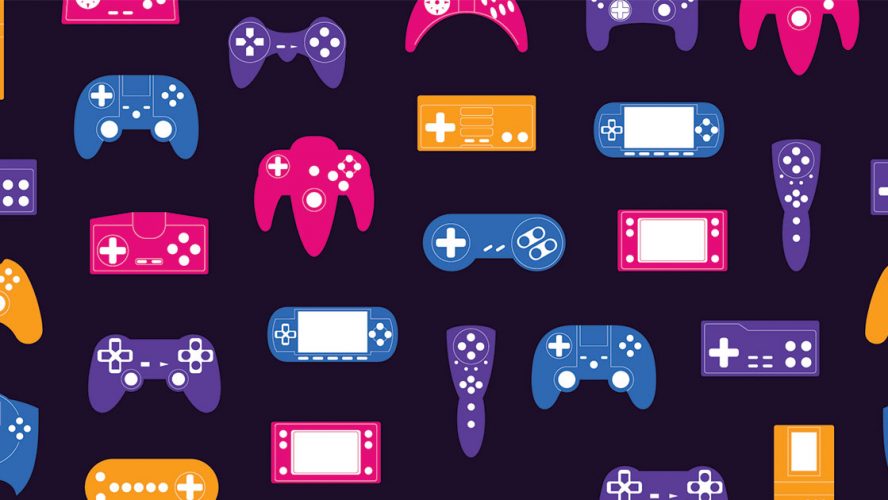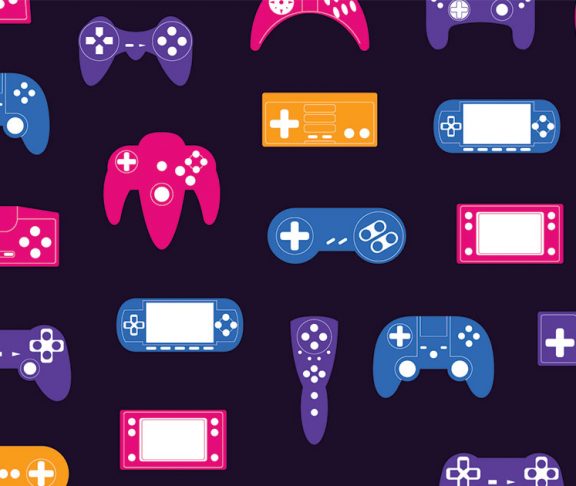
Zach Wigal
Founder, Gamers Outreach
How would you react if a doctor prescribed “video game time” as part of your treatment regimen during a hospital visit? Believe it or not, it’s becoming a regular occurrence in today’s healthcare environment.
In part, it’s an attempt to improve the patient experience during what can be an isolating, frightening period for children and families receiving care. While that’s likely reason enough, even more practically, health professionals are leveraging the power of games as a tool for healing and socialization. I can attest to this firsthand.
A new kind of treatment
For the past decade, I’ve had the opportunity to lead a nonprofit called Gamers Outreach. Our organization focuses on providing entertainment to hospitalized children through video games. We help ensure activities and technology are accessible — particularly for patients who are unable to access recreation away from their bedside.
In the course of visiting hospitals around the country, it’s become clear there’s a great deal of emphasis on research and treatment. Rightfully so: the goal of being in the hospital is to get out of the hospital, of course. As a consequence, “quality of life” often takes a back seat.
Being a Millennial who grew up playing games and participating in “normal” extracurriculars (i.e. athletic sports), I’ve come to believe that forms of play and learning (art, music, movies, reading, games, etc) enrich our lives. Video games offer a digital sandbox. They enable us to engage with others regardless of physical or cultural barriers. It’s with this belief in mind thatGamers Outreach has worked to make content readily available and assists hospitals with managing deployed equipment. Ultimately, our goal is to provide a sense of normalcy through entertainment, while supporting favorable patient outcomes.
More than fun
While it’s easy to recognize the value of games as a source of fun (whether you’re a fan or not), what’s less intuitive is the potential for physical rehabilitation as a by-product of introducing game time to patients.
Here’s a concrete example: A nurse at a hospital we support recently shared a story of a patient who was recovering from a significant burn. The child was working on standing again for the first time. It was painful and exhausting, to the point he was having trouble completing the exercise time his occupational therapist had allotted. As he started encountering these roadblocks, staff at the hospital introduced “Minecraft” into the treatment mix. They encouraged him to stand and offered video game time as an incentive for completing his exercises. Immediately, the patient was able to stand for triple the amount of time he had before.
Plugging in
That’s part of the reason games are capable of having such an incredible impact in hospitals. In addition to being a tool that assists with healing, they offer patients creative outlets and opportunities to socialize, especially when they can’t be physically present with others.
To us, it’s clear there’s an argument to be made video games are improving patient care, and as a gamer, that’s a prescription I’m happy to help fill. To learn more and support Gamers Outreach, please visit gamersoutreach.org.
Zach Wigal, Founder, Gamers Outreach, [email protected]

